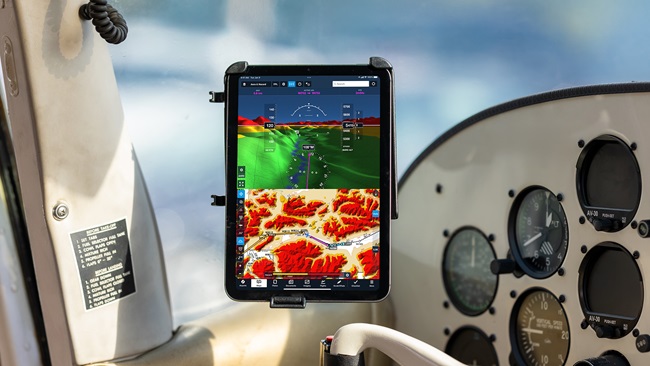![]() It takes only an instant for a search engine to survey NASA's Aviation Safety Reporting System database and produce 11,166 narratives containing instances of the word "uneventful." Probably by the time you read this, the number will have increased.
It takes only an instant for a search engine to survey NASA's Aviation Safety Reporting System database and produce 11,166 narratives containing instances of the word "uneventful." Probably by the time you read this, the number will have increased.
"Eventful" produced only 129 hits. But scanning those, one finds that "eventful" is often preceded by the words "non-," "not," or a detached "un-." So these narratives may also be instances of "uneventful."
Pilots are not solicited to document uneventful flights for the ASRS, because no safety-data-gathering function is advanced by describing them—so why all the reports?
Turns out that use of "uneventful" in a nail-biter of a narrative serves as a sort of semantic all-clear signal, releasing the tension and assuring readers that order was finally restored after an eventful flight phase.
Talk about uneventful: It was a gorgeous day for a VFR flight over eastern Connecticut when the instrument-rated pilot of a Cessna 206 requested airborne clearance to enter instrument conditions over Long Island Sound, acting on an impulse to show a curious friend what flying in IMC was like during a short hop to Brookhaven, N.Y.
That was fun.
But on the return leg to Meriden, Conn., the aircraft encountered precip, and suddenly felt like it had flown "through a wall of ice." The pilot panicked at the rapid accretion, being twice admonished by air traffic control about busting altitudes while maneuvering to escape.
“That was enough of a reminder and the rest of the flight stayed VFR and uneventful,” reported the pilot, noting in an ASRS confessional that he had been so unprepared for ice that he even was "wearing a short-sleeve shirt."
Go ahead and exhale, because for the rest of the flight, applying one dictionary’s definition, this condition applied: "If you describe a period of time as uneventful, you mean that nothing interesting, exciting, or important happened during it."
A human-factors postscript: Once in the candid frame of mind to compose the ASRS report, the pilot confided that it might now be time to check the logbook, because "it’s even possible I wasn’t current" to act as pilot in command under IFR.
The pilot attributed his errant decision making to "my determination not to disappoint a friend." (It's a safe bet that for better or worse, the friend came away undisappointed by the pilot's efforts on his behalf.)
Has your determination not to disappoint a passenger in your aircraft ever degraded your piloting judgment, putting you in a tight spot? Leave a comment below to share the lesson of the experience.



